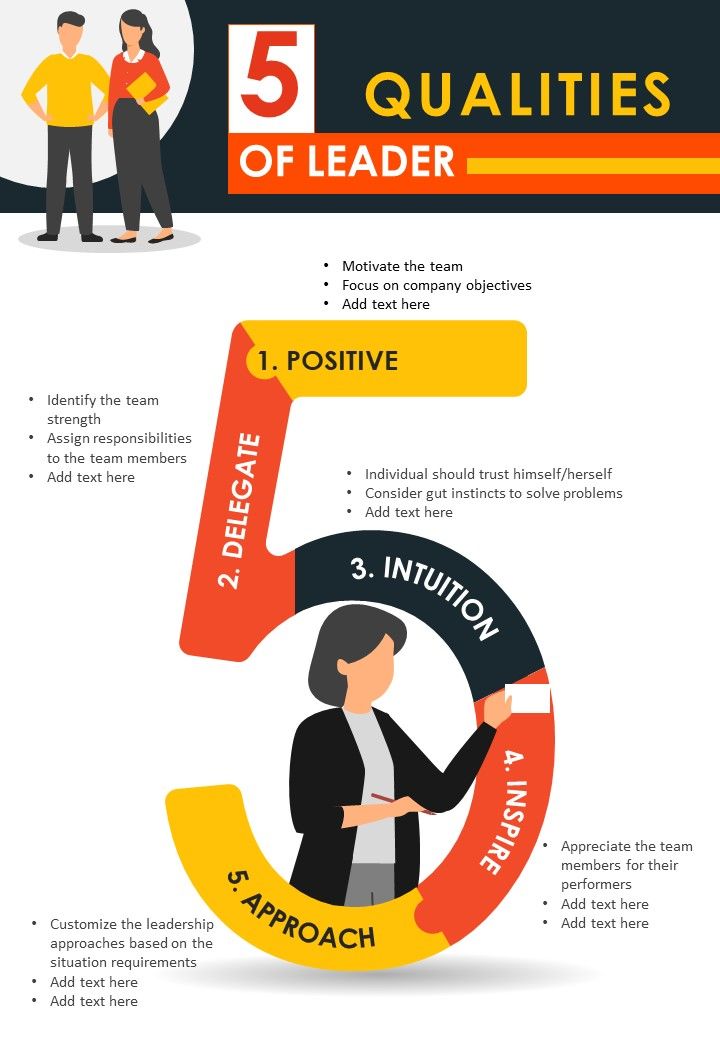Within the current rapidly changing and dynamic world, effective leadership has become more critical than ever. Leaders are tasked not only with guiding their teams to success and also with fostering an environment of trust and collaboration. At the heart of this endeavor lies the realization that trust is the cornerstone of effective leadership. Without it, even the most capable leaders find it difficult to inspire their teams or achieve their goals.
Developing strong leadership skills is essential for any professional seeking to make an impact. From decision-making and communication to adaptability and emotional intelligence, mastering these skills can significantly enhance a leader's effectiveness. This article will discuss the top ten leadership skills every professional should master, highlighting how each skill contributes to fostering trust and enhancing team performance. Whether you are stepping into a new leadership role or looking to improve your capabilities, these insights will equip you to become a leader that others respect and look up to.
Crucial Leadership Skills to Master
Successful leadership hinges on a set of core skills that all professional should strive to excel in. One such skill is emotional intelligence, which allows leaders to connect with their team members on a more profound level. By understanding and controlling their own emotions, as well as sympathizing with others, leaders foster an environment where individuals feel valued and heard. This connection not only improves morale but also enhances teamwork and collaboration, ultimately driving the achievement of the organization.
Another key skill is effective communication. Leaders must express their vision effectively and ensure their messages connect with their audience. This involves not just talking but also actively listening. Leaders who cultivate their communication skills are more capable to inspire their teams, leading to better performance and a more engaged workforce. Clear communication also plays a crucial role in resolving disputes, enabling leaders to navigate disagreements and build consensus.
Flexibility is more and more vital in the current fast-paced world. A great leader must be able to pivot strategies and welcome change while supporting their team through challenges. This adaptability allows leaders to respond effectively to challenges and seize new opportunities as they arise. By developing adaptability, leaders ensure they can sustain their effectiveness and build resilience within their teams, reinforcing a culture that flourishes amidst change.

Creating Reliability and Effective Conveyance
Establishing confidence within a workforce is fundamentally tied to efficient communication. When https://www.peterashbysmith.com/ express clearly and regularly, they foster an atmosphere where team members feel appreciated and acknowledged. This clarity nurtures a sense of safety, allowing individuals to share their concerns without fear of repercussions. As confidence grows, so does engagement, leading to higher output and cooperation among team members.
Additionally, clear conveyance is not just about transmitting data; it requires mindfully engaging and addressing to others’ requirements. When managers execute active listening, they demonstrate regard for their group's input, which builds trust. This reciprocal exchange motivates workforce members to express more openly, leading to creative solutions and stronger relationships. By exhibiting that their opinions are important, managers can nurture a culture where team members are motivated to participate to the workforce’s success.
Ultimately, confidence established through effective conveyance enables supervisors to manage difficulties more easily. When group members have faith in their manager and each other, they are more apt to tackle challenges head-on and develop resolutions collaboratively. This collective resilience becomes a basis of a effective workforce dynamic, allowing supervisors to inspire their workforces even in tough situations. By emphasizing clear communication as a method to build trust, managers can realize the full abilities of their groups.
Enhancing Resilience and Flexibility in Leading
In the current fast-paced and dynamic environment, resilience has become an crucial trait for successful leaders. Resilience allows leaders to bounce back from setbacks and keep their concentration in the face of challenges. This quality not only helps leaders navigate crises but also motivates their teams to embrace a similar mindset. Cultivating resilience involves recognizing the inevitability of change and maintaining a optimistic outlook, even in adverse situations. This approach encourages a culture of perseverance within the team, where challenges are viewed as chances for growth.
Adaptability is closely linked to resilience, and it is vital for leaders to remain flexible in their strategies and methods. The ability to change direction in response to new information or shifting circumstances can influence the success of a team or organization. Effective leaders assess their environments quickly and adjust their plans accordingly, ensuring that their teams remain aligned with evolving goals. By embracing adaptability, leaders demonstrate a readiness to learn and evolve, which can encourage a similar attitude within their teams.
To successfully develop both resilience and adaptability, leaders should emphasize continuous learning and self-reflection. Participating in regular training, seeking feedback, and remaining open to new ideas are all ways to strengthen these skills. Additionally, leaders should encourage an environment where team members feel confident to share their insights and suggest changes. When leaders model resilience and adaptability, they not only improve their own capabilities but also empower their teams, creating a more robust and responsive organization capable of thriving in the face of uncertainty.
